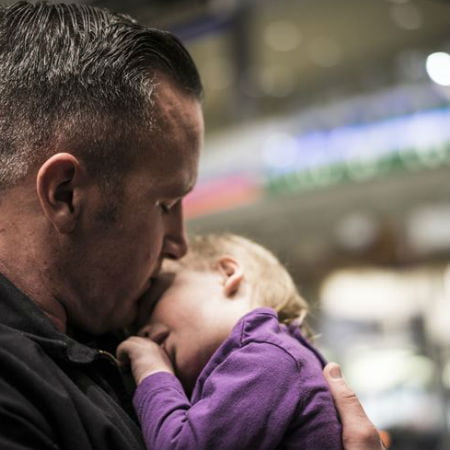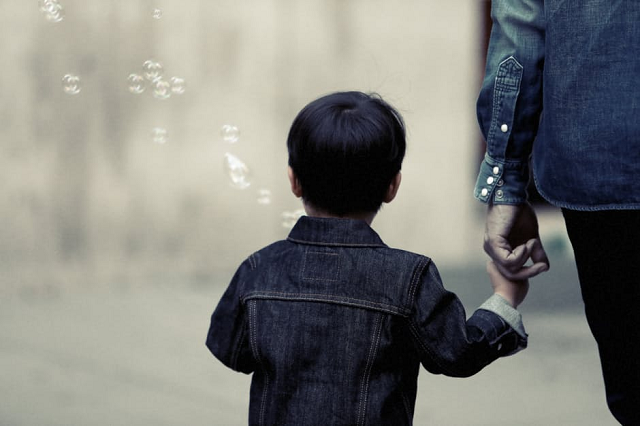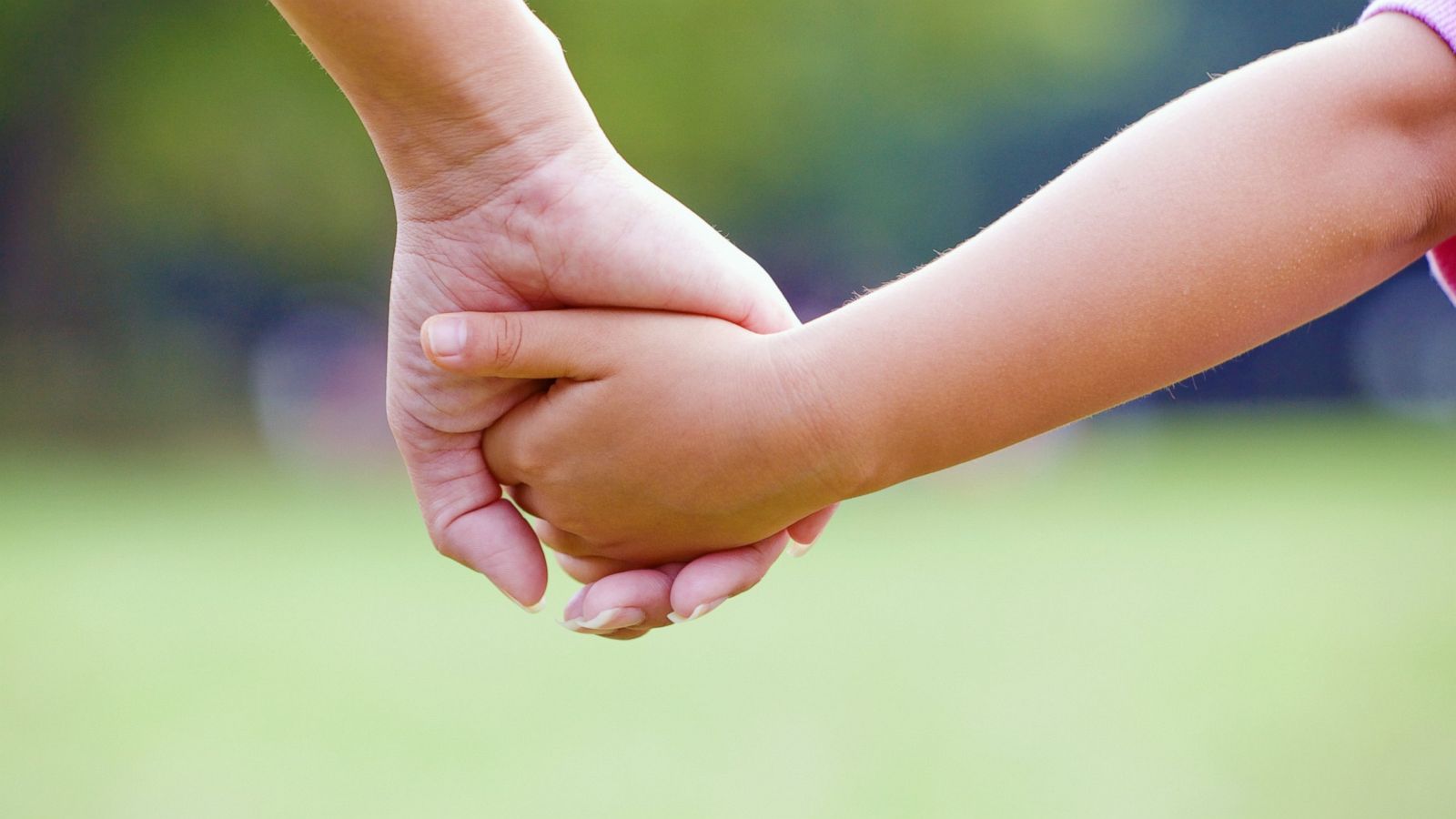
Child safety is every parent’s top priority. However, they can’t look out for them most of the time, especially when they start going to school. As much as they want to keep children safe by staying by their side 24/7, that just can’t be done. Besides school, they also have to spend time with relatives and friends and do extracurricular activities like joining summer camps and sports.
Fortunately, statistics from different sources say that the number of incidents of kidnapping and missing children is on the decline—and with proper supervision, the decline could continue. Learn how to protect children from kidnapping.
Scroll down for video

Life Of Pix
How You Can Keep Children Safe from Kidnapping
Ernie Allen, president of the National Center for Missing and Exploited Children (NCMEC), said that it is the parents’ responsibility to educate their children and prepare themselves for the situation, but never dwell on the worst that could happen.
He shared that being terrified and paralyzed with fear could cause children to lose their independence and confidence. And terrified parents could hinder their children from developing a sense of beneficial autonomy that they would’ve developed as they grow older.
Allen did, however, share a few suggestions that could help parents protect children from kidnapping and ensure their safety:
- Know where your children are at all times and know with whom they are with. If your children are old enough to own cell phones, check in on them once in a while. If not, make sure you have the contact information of the people and adults they are with.
- Another way you can protect children from kidnapping is to never let them leave the house alone. Make sure you enforce the buddy system; after all, there is still safety in numbers.
- Be open about safety issues with your children.
- Practice what you preach. If necessary, act out scenarios to make sure that your children understand and know what to do if they find themselves in dangerous situations.
- Also, make sure that your children understand that dangerous people may not always look scary or creepy.
Another suggestion by the NCMEC to keep children safe from kidnapping is the No, Go, Tell policy, where children are taught that they have the right to say no. For instance, when an adult approaches a child, asking for directions or something similar, children don’t have to be polite, and they don’t have to answer the questions if there’s something about the person that makes them uneasy.
Children are encouraged to talk to a trusted adult if these feelings exist after the confrontation of an unknown adult, as predators tend to build up casual relationships with children to build their confidence. That way, children won’t see them as threats.
Parents should also be aware in case a “friend” decides to act differently with the children. A lot of times, abductors can actually be those who are close to the family—an angry parent after a custody battle or even a sibling.
Here are some suggestions by the NCMEC to protect children from kidnapping:

ABC News
- Keep all lines of communication open and allow your children to talk to you comfortably about their lives. Make sure your children know that they won’t get in trouble if they talk to you about things that are awkward or uncomfortable.
- In case of emergencies, your children should know your phone numbers, as well as area codes and phone numbers of other trusted adults. For those who have GPS trackers on them, make sure that children know how to operate the trackers. Trackimo, for instance, has an SOS button for emergencies.
- If you have a family member who threatens to take your children away from you, keep a watchful eye and have important information readily available, such as credit cards, social security number, and care plate numbers.
- Have recent, full-face, and full-body photos of each of your children. Also make sure that you have up-to-date information on weight, height, hair color, and eye color, as well as their dental and medical records. The updated physical characteristics will help speed up the search process in case your child does turn up missing.
Keep children safe from kidnapping. Educate them about safety. Make sure they know that they should be aware, alert, and prepared in case of emergencies.
Watch the video below